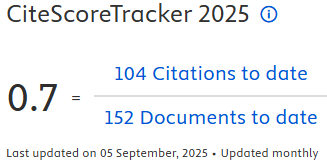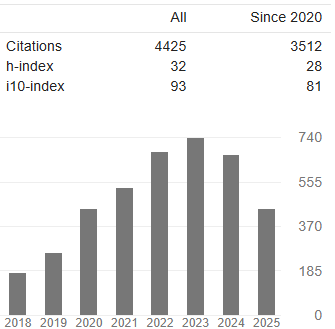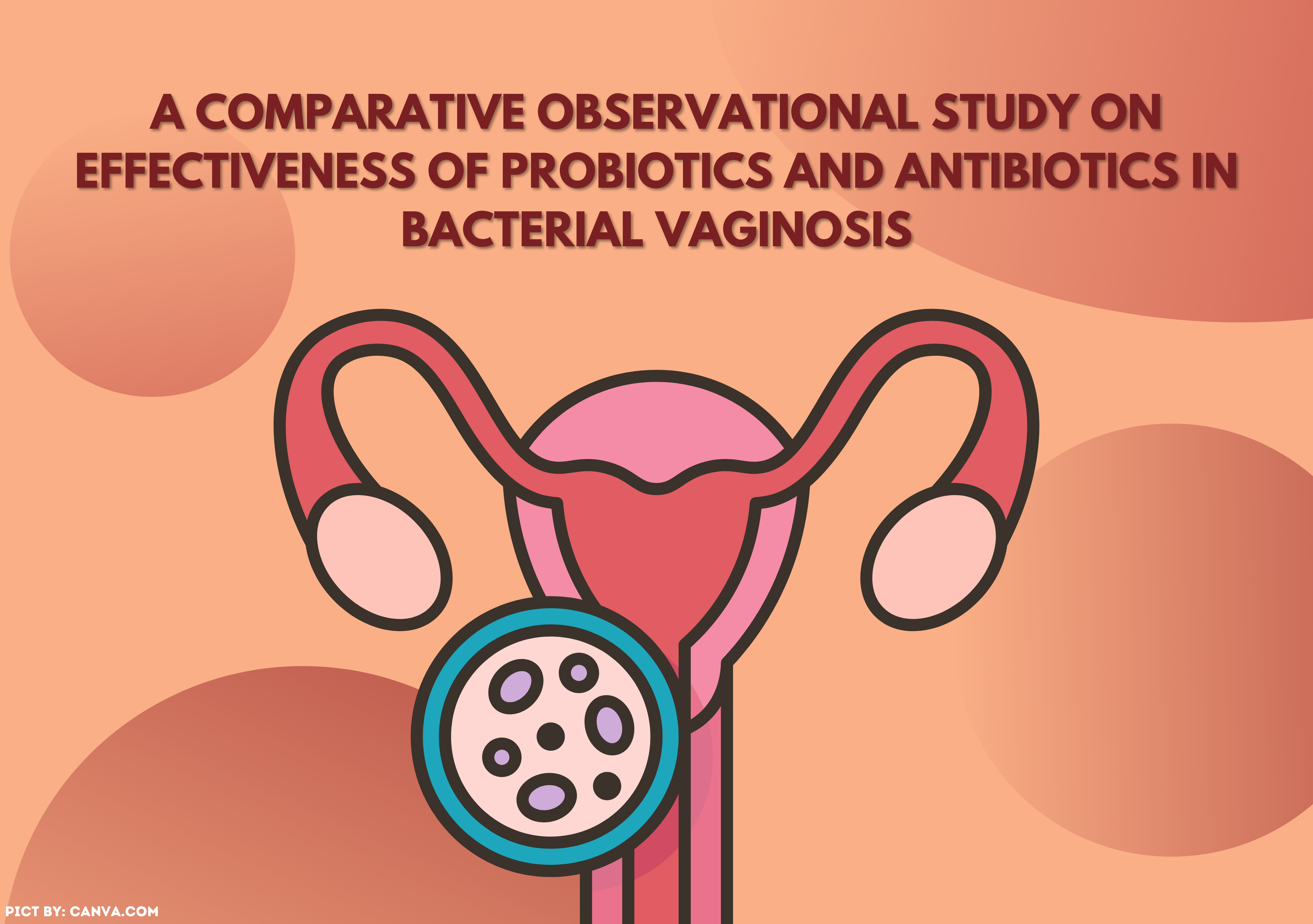SUGAR SWEETENED BEVERAGE TAX AND ITS IMPLICATIONS FOR PUBLIC HEALTH

Introduction: Sugar Sweetened Beverages (SSBs) consumption has increased to higher levels across all corners of the world. High sugar diets in the form of SSBs lead to increased calorie intake with almost no nutritive value when compared to solid food and contributes to the increased energy intake resulting in an unhealthy weight gain, often associated with health issues such as obesity, diabetes, cardio-vascular diseases, early tooth decay and formation of cavities. It is also observed that consumption of SSBs is linked to unhealthy habits like smoking, decreased physical activity, increased intake of fast food and increased screen time. Method: The required information on SSB tax implementation at the global level was retrieved from the literature reviews. Result: Taking such detrimental effects of SSBs into consideration, many countries are putting efforts to tackle the problem of higher consumption of SSBs by adopting measures such as taxations on SSBs. However, it is also extremely important to understand how these taxes help in generating higher revenues to the government which, in turn, can be used for various community needs in the respective countries. Conclusion: The same revenue can also be utilised for implementation of comprehensive healthcare programmes especially in Low and Middle-Income Countries (LMIC), by providing preventive, promotive, curative, rehabilitative and palliative services as a way to progress towards Universal Health Coverage (UHC).
Allcott, H., Lockwood, B.B. and Taubinsky, D., 2019. Should We Tax Sugar-Sweetened Beverages? An Overview of Theory and Evidence. Journal of economic perspectives, [online] 33(3), pp.202–227. https://doi.org/10.1257/jep.33.3.202.
Alvarado, M., Unwin, N., Sharp, S.J., Hambleton, I., Murphy, M.M., Samuels, T.A., Suhrcke, M. and Adams, J., 2019. Assessing the impact of the Barbados sugar- sweetened beverage tax on beverage sales: An observational study. International Journal of Behavioral Nutrition and Physical Activity, [online] 16(1), pp.1–11. https://doi.org/10.1186/S12966-019-0776-7/FIGURES/3.
Álvarez-Sánchez, C., Contento, I., Jiménez-Aguilar, A., Koch, P., Gray, H.L., Guerra, L.A., Rivera-Dommarco, J., Uribe-Carvajal, R. and Shamah-Levy, T., 2018. Does the Mexican sugar-sweetened beverage tax have a signaling effect? ENSANUT 2016. PLOS ONE, [online] 13(8), p.e0199337. https://doi.org/10.1371/JOURNAL.PONE.0199337.
Arantxa Cochero, M., Rivera-Dommarco, J., Popkin, B.M. and Ng, S.W., 2017. In Mexico, Evidence Of Sustained Consumer Response Two Years After Implementing A Sugar-Sweetened Beverage Tax. Health affairs (Project Hope), [online] 36(3), pp.564–571. https://doi.org/10.1377/HLTHAFF.2016.1231.
Arantxa Colchero, M., Salgado, J.C., Unar-Munguía, M., Molina, M., Ng, S. and Rivera-Dommarco, J.A., 2015. Changes in Prices After an Excise Tax to Sweetened Sugar Beverages Was Implemented in Mexico: Evidence from Urban Areas. PLOS ONE, [online] 10(12), p.e0144408. https://doi.org/10.1371/JOURNAL.PONE.0144408.
Backholer, K. and Martin, J., 2017. Sugar-sweetened beverage tax: the inconvenient truths. Public Health Nutrition, [online] 20(18), pp.3225–3227. https://doi.org/10.1017/S1368980017003330.
Berardi, N., Sevestre, P., Tépaut, M. and Vigneron, A., 2016. The impact of a ‘soda tax' on prices: evidence from French micro data. http://dx.doi.org/10.1080/00036846.2016.1150946, [online] 48(41), pp.3976–3994. https://doi.org/10.1080/00036846.2016.1150946.
Bernabé, E., Vehkalahti, M.M., Sheiham, A., Aromaa, A. and Suominen, A.L., 2014. Sugar-sweetened beverages and dental caries in adults: a 4-year prospective study. Journal of dentistry, [online] 42(8), pp.952–958. https://doi.org/10.1016/J.JDENT.2014.04.011.
Bomback, A.S., Derebail, V.K., Shoham, D.A., Anderson, C.A., Steffen, L.M., Rosamond, W.D. and Kshirsagar, A. v., 2010. Sugar-sweetened soda consumption, hyperuricemia, and kidney disease. Kidney international, [online] 77(7), pp.609–616. https://doi.org/10.1038/KI.2009.500.
Burki, T.K., 2016. Sugar tax in the UK. The Lancet. Oncology, [online] 17(5), p.e182. https://doi.org/10.1016/S1470-2045(16)30021-3.
Cawley, J., Thow, A.M., Wen, K. and Frisvold, D., 2019. The Economics of Taxes on Sugar-Sweetened Beverages: A Review of the Effects on Prices, Sales, Cross-Border Shopping, and Consumption. https://doi.org/10.1146/annurev-nutr-082018-124603, [online] 39, pp.317–338. https://doi.org/10.1146/ANNUREV-NUTR-082018-124603.
Chaloupka, F.C.J.F., 2011. Sugar-Sweetened Beverage Taxation as Public Health Policy-Lessons from Tobacco. [online]
Essman, M., Taillie, L.S., Frank, T., Ng, S.W., Popkin, B.M. and Swart, E.C., 2021. Taxed and untaxed beverage intake by South African young adults after a national sugar-sweetened beverage tax: A before-and-after study. PLoS Medicine, 18(5). https://doi.org/10.1371/journal.pmed.1003574.
Falbe, J., Rojas, N., Grummon, A.H. and Madsen, K.A., 2015. Higher Retail Prices of Sugar-Sweetened Beverages 3 Months After Implementation of an Excise Tax in Berkeley, California. American journal of public health, [online] 105(11), pp.2194–2201. https://doi.org/10.2105/AJPH.2015.302881.
Madsen, K.A., Krieger, J. and Morales, X., 2019. Sugar-sweetened beverage taxes: Emerging evidence on a new public health policy. JAMA, [online] 321(18), p.1777. https://doi.org/10.1001/JAMA.2019.5344.
Malik, V.S. and Hu, F.B., 2015. Fructose and Cardiometabolic Health: What the Evidence From Sugar-Sweetened Beverages Tells Us. Journal of the American College of Cardiology, [online] 66(14), pp.1615–1624. https://doi.org/10.1016/J.JACC.2015.08.025.
Malik, V.S., Pan, A., Willett, W.C. and Hu, F.B., 2013. Sugar-sweetened beverages and weight gain in children and adults: a systematic review and meta-analysis. The American Journal of Clinical Nutrition, [online] 98(4), pp.1084–1102. https://doi.org/10.3945/AJCN.113.058362
Malik, V.S., Popkin, B.M., Bray, G.A., Després, J.P. and Hu, F.B., 2010a. Sugar-sweetened beverages, obesity, type 2 diabetes mellitus, and cardiovascular disease risk. Circulation, [online] 121(11), pp.1356–1364. https://doi.org/10.1161/CIRCULATIONAHA.109.876185.
Malik, V.S., Popkin, B.M., Bray, G.A., Després, J.P., Willett, W.C. and Hu, F.B., 2010b. Sugar-sweetened beverages and risk of metabolic syndrome and type 2 diabetes: a meta-analysis. Diabetes care, [online] 33(11), pp.2477–2483. https://doi.org/10.2337/DC10-1079.
Moore, G., Young, A., Hassan, A. and James, K., 2019. Will the implementation of a sugar tax reduce obesity levels?: an insight from Scotland. Indonesian Journal of Contemporary Management Research, [online] 1(2). https://doi.org/10.33455/IJCMR.V1I2.98.
Nakamura, R., Mirelman, A.J., Cuadrado, C., Silva-Illanes, N., Dunstan, J. and Suhrcke, M., 2018. Evaluating the 2014 sugar-sweetened beverage tax in Chile: An observational study in urban areas. PLOS Medicine, [online] 15(7), p.e1002596. https://doi.org/10.1371/JOURNAL.PMED.1002596.
NCD Risk Factor Collaboration, 2017. Worldwide trends in body-mass index, underweight, overweight, and obesity from 1975 to 2016: a pooled analysis of 2416 population-based measurement studies in 128·9 million children, adolescents, and adults. The Lancet, 390(10113), pp.2627–2642.
Park, S., Blanck, H.M., Sherry, B., Brener, N. and O'Toole, T., 2012. Factors associated with sugar-sweetened beverage intake among United States high school students. The Journal of nutrition, [online] 142(2), pp.306–312. https://doi.org/10.3945/JN.111.148536.
Popkin, B.M. and Hawkes, C., 2016. Sweetening of the global diet, particularly beverages: patterns, trends, and policy responses. The lancet. Diabetes & endocrinology, [online] 4(2), pp.174–186. https://doi.org/10.1016/S2213-8587(15)00419-2.
Powell, L.M., Chriqui, J.F., Khan, T., Wada, R. and Chaloupka, F.J., 2013. Assessing the potential effectiveness of food and beverage taxes and subsidies for improving public health: a systematic review of prices, demand and body weight outcomes. Obesity reviews : an official journal of the International Association for the Study of Obesity, [online] 14(2), pp.110–128. https://doi.org/10.1111/OBR.12002
Roberto, C.A., Lawman, H.G., Levasseur, M.T., Mitra, N., Peterhans, A., Herring, B. and Bleich, S.N., 2019. Association of a Beverage Tax on Sugar-Sweetened and Artificially Sweetened Beverages With Changes in Beverage Prices and Sales at Chain Retailers in a Large Urban Setting. JAMA, [online] 321(18), pp.1799–1810. https://doi.org/10.1001/JAMA.2019.4249.
Silva, A., Etilé, F., Boizot-Szantai, C. and Dharmasena, S., 2013. The Impact of Beverage Taxes on Quantity and Quality of Consumption in France. In: Agricultural and Applied Economics Association Conference. [online] pp.1–15. https://doi.org/10.22004/AG.ECON.150428.
Silver, L.D., Ng, S.W., Ryan-Ibarra, S., Taillie, L.S., Induni, M., Miles, D.R., Poti, J.M. and Popkin, B.M., 2017. Changes in prices, sales, consumer spending, and beverage consumption one year after a tax on sugar-sweetened beverages in Berkeley, California, US: A before-and-after study. PLoS medicine, [online] 14(4). https://doi.org/10.1371/JOURNAL.PMED.1002283.
University of North Carolina, 2021. The Global Food Research Program. [online] Policy research - Fiscal policies. US Department of Health and Human Services, 2015. 2015-2020 Dietary Guidelines for Americans. [online]
Veerman, L., 2017. The impact of sugared drink taxation and industry response. The Lancet. Public health, [online] 2(1), pp.e2–e3. https://doi.org/10.1016/S2468-2667(16)30039-1.
Wang, Y.C., Coxson, P., Shen, Y.M., Goldman, L. and Bibbins-Domingo, K., 2012. A penny-per-ounce tax on sugar-sweetened beverages would cut health and cost burdens of diabetes. Health affairs (Project Hope), [online] 31(1), pp.199–207. https://doi.org/10.1377/HLTHAFF.2011.0410.
World Health Organization, 2014. Global status report on noncommunicable diseases 2014. [online] World Health Organization Reports.
World Health Organization, 2017a. Tackling NCDs: "best buys” and other recommended interventions for the prevention and control of noncommunicable diseases. [online]
World Health Organization, 2017b. Taxes on sugary drinks: Why do it?
World Health Organization, 2018. Fiscal Policies for Diet and Prevention of Noncommunicable Diseases. Bulletin World Health Organization , 96(3), pp.201–210. https://doi.org/10.2471/BLT.17.195982.
Copyright (c) 2023 The Indonesian Journal of Public Health

This work is licensed under a Creative Commons Attribution-NonCommercial-ShareAlike 4.0 International License.
- The authors agree to transfer the transfer copyright of the article to The Indonesian Journal of Public Health effective if and when the paper is accepted for publication.
- Authors and other parties are bound to the Creative Commons Attribution-NonCommercial-ShareAlike 4.0 International License for the published articles, legal formal aspect of journal publication accessibility refers to Creative Commons Attribution-NonCommercial-ShareAlike 4.0 International License (CC BY-NC-SA), implies that:
- Attribution ” You must give appropriate credit, provide a link to the license, and indicate if changes were made. You may do so in any reasonable manner, but not in any way that suggests the licensor endorses you or your use.
- NonCommercial ” You may not use the material for commercial purposes.
- ShareAlike ” If you remix, transform, or build upon the material, you must distribute your contributions under the same license as the original.































